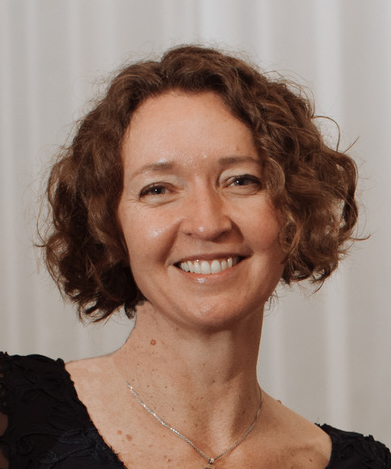Description
Nonviolent Communication (NVC) is a consciousness and a skillset based on awareness, empathy, and connection. We invite you to join us for a day-long workshop exploring the foundations of NVC to understand how they align with the Buddha’s teachings on Wise Speech. This introduction will cover the core principles of NVC, emphasizing the value of connecting at the level of universal human needs and understanding some common blocks to clear and compassionate communication. NVC principles can enhance your relationships and in this workshop you will gain practical skills to transform judgments and conflict into opportunities for genuine connection and understanding.
Workshop Highlights
- Overview of NVC’s core principles
- Learn the four Ds of disconnection and their antidotes
- First-hand experience with the core Buddhist principle of Wise Speech
- Interactive exercises to practice compassionate and effective communication
There are no prerequisites for this workshop, all are warmly welcome.
A follow-up daylong workshop, Strengthening Wise Speech: A Deeper Dive into Nonviolent Communication, will be offered by Bonnie and Philippe at CIMC on July 26, 2025.


Bonnie Mioduchoski and Philippe Daniel are seasoned practitioners of Nonviolent Communication (NVC) and Insight Meditation with two decades of experience each. Both have practiced intensively for many years at Spirit Rock and the Insight Meditation Society (IMS). They began studying NVC in 2006, seeing it as a practical tool for embodying wise speech. Having applied NVC in their 30-year marriage and other relationships, they understand firsthand its transformative power. Bonnie has facilitated NVC workshops for diverse audiences, including at CIMC, and applied NVC principles as a Harvard Mediation Program small claims mediator. Together, they’ve led NVC workshops for the general public, meditators, and organizations. As graduates of a two-year NVC program, the Spirit Rock Two-Year Dedicated Practitioner Program, and David Treleaven’s Trauma Sensitive Mindfulness Program, they bring a profound depth of knowledge, sensitivity, and practice to their teaching.
Their interest is in integrating ancient wisdom and contemporary healing practices. By addressing both spiritual and psychological aspects, they help participants move beyond the cycle of perpetual self-improvement and uncover their innate freedom and compassion.
Attending an in-person workshop
- CIMC is a refuge. Out of compassion for those with chemical sensitivities, please avoid using scented products like lotions, deodorant, after-shave, hair products, perfume, clothes laundered with scented detergent or dryer sheets—before you come to the Center.
- Please arrive at least 15 minutes early to check in and to find a comfortable place in the meditation hall.
- Parking at CIMC is limited; we suggest taking public transportation to the Center whenever possible.
- All phones, pagers, beeping watches, and other electronic devices must remain completely turned off while you are at the Center.
- Please leave your shoes on the shoe shelves on the first floor and keep your valuables with you.
- Lunch will not be provided. Participants are invited to bring a vegetarian meal to the Center or may buy lunch in the neighborhood. A list of local restaurants and food stores will be available.
- No food or beverages, including water, are allowed in the meditation halls.
- We strongly recommend that you dress in layers since the temperature in the meditation hall varies throughout the day. The hall thermostat is set to a comfortable temperature range; however, we recommend you give yourself a range of clothing options, as individual preferences for warmth or coolness differ widely and cannot be accommodated.
- Masks are optional. Some masks are available at the entrance of the Center.
- CIMC provides zafus (round cushions), zabutons (large mats), meditation benches, blankets, and chairs. At the end of the program, we request that you brush off your zabutons and plump up your zafus. All other items should be returned neatly to where they belong.